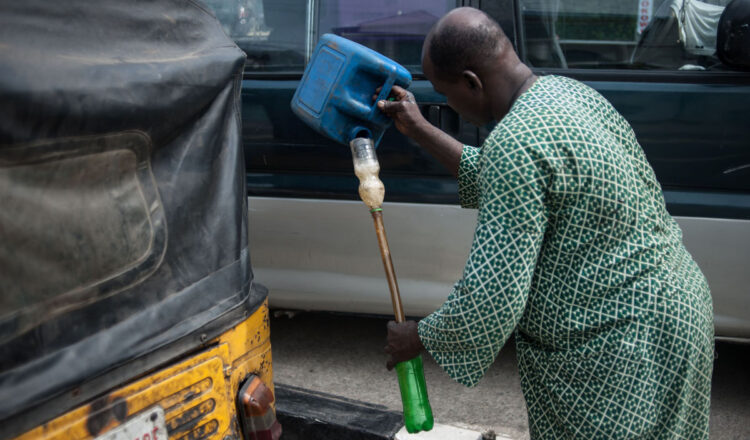Oil marketers claimed on Monday that the recent imposition of a 7.5% Value Added Tax on Automotive Gas Oil (commonly known as diesel) and the current foreign exchange crisis in Nigeria had increased the price of the product to between N900 and N950/litre in various areas.
Local manufacturers have expressed concern over the situation, stating that it could result in the closure of some factories and the loss of jobs.
The marketers claimed that their difficulty to obtain US dollars was preventing them from importing fuel during a press briefing in Abuja while speaking on behalf of the Nigerian Natural Oil and Gas Suppliers Association.
The price of diesel was roughly N650 per litre before the Federal Government imposed a 7.5% VAT on the good, according to Benneth Korie, National President of NOGASA, in a press conference.
The NOGASA president stated at the press conference on Monday: “Diesel price is now approaching N900 to N950/litre depending on where you are buying it from. Before the introduction of VAT on diesel by the FIRS, diesel was around N650/litre.
“This increase in price is also due to the scarcity of the dollars. The government has to intervene in this dollar situation. All bank CEOs, Central Bank of Nigeria and others must meet to address this dollar issue. The way it is going, it will destroy a lot of things for us if it is not controlled.”
Additionally, Korie urged President Bola Tinubu to restart Nigeria’s refineries. He claimed that once Nigeria’s refineries begin to produce refined goods, the pressure from marketers and other importers on dollars will diminish.
According to him, “Our refineries were built by human beings and can be fixed by human beings. I believe Nigerian engineers can fix these refineries, instead of us depending on imports. This is not sustainable.
“We are pilling pressure on the very limited dollars in the country by importing petroleum products and other commodities. But once our refineries start working, this pressure will drastically reduce. The government has to fix our refineries.”





